
NAPOLEON ON EDUCATION:
(Literally. Brackets are placed by Andres Agostini.
Content researched by Andres Agostini)
“….Education, strictly speaking, has several objectives: one needs to learn how to speak and write correctly, which is generally called grammar and belles lettres [fines literature of that time]. Each lyceum [high school] has provided for this object, and there is no well-educated man who has not learned his rhetoric.
After the need to speak and write correctly [accurately and unambiguously] comes the ability to count and measure [skillful at mathematics, physics, quantum mechanics, etc.]. The lyceums have provided this with classes in mathematics embracing arithmetical and mechanical knowledge [classic physics plus quantum mechanics] in their different branches.
The elements of several other fields come next: chronology [timing, tempo, in-flux epochs], geography [geopolitics plus geology plus atmospheric weather], and the rudiments of history are also a part of the education [sine qua non catalyzer to surf the Intensively-driven Knowledge Economy] of the lyceum. . . .
A young man [a starting, independent entrepreneur] who leaves the lyceum at sixteen years of age therefore knows not only the mechanics of his language and the classical authors [captain of the classic, great wars plus those into philosophy and theology], the divisions of discourse [the structure of documented oral presentations], the different figures of eloquence, the means of employing them either to calm or to arouse passions, in short, everything that one learns in a course on belles lettres.
He also would know the principal epochs of history, the basic geographical divisions, and how to compute and measure [dexterity with information technology, informatics, and telematics]. He has some general idea of the most striking natural phenomena [ambiguity, ambivalence, paradoxes, contradictions, paradigm shits, predicaments, perpetual innovation, so forth] and the principles of equilibrium and movement both [corporate strategy and risk-managing of kinetic energy transformation pertaining to the physical world] with regard to solids and fluids.
Whether he desires to follow the career of the barrister, that of the sword [actual, scientific war waging in the frame of reference of work competition], OR ENGLISH [CENTURY-21 LINGUA FRANCA, MORE-THAN-VITAL TOOL TO ACCESS BASIC THROUGH COMPLEX SCIENCE], or letters; if he is destined to enter into the body of scholars [truest womb-to-tomb managers, pundits, experts, specialists, generalists], to be a geographer, engineer, or land surveyor—in all these cases he has received a general education [strongly dexterous of two to three established disciplines plus a background of a multitude of diverse disciplines from the exact sciences, social sciences, etc.] necessary to become equipped [talented] to receive the remainder of instruction [duly, on-going-ly indoctrinated to meet the thinkable and unthinkable challenges/responsibilities beyond his boldest imagination, indeed] that his [forever-changing, increasingly so] circumstances require, and it is at this moment [of extreme criticality for humankind survival], when he must make his choice of a profession, that the special studies [omnimode, applied with the real-time perspective of the totality of knowledge] science present themselves.
If he wishes to devote himself to the military art, engineering, or artillery, he enters a special school of mathematics [quantum information sciences], the polytechnique. What he learns there is only the corollary of what he has learned in elementary mathematics, but the knowledge acquired in these studies must be developed and applied before he enters the different branches of abstract mathematics. No longer is it a question simply of education [and mind’s duly formation/shaping], as in the lyceum: NOW IT BECOMES A MATTER OF ACQUIRING A SCIENCE....”
END OF TRANSCRIPTION.



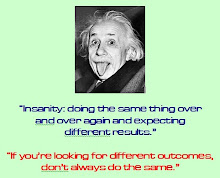




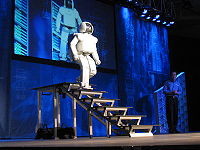



























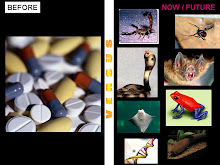




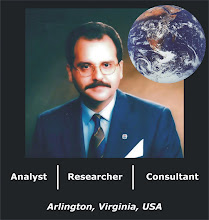



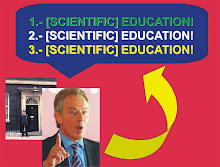

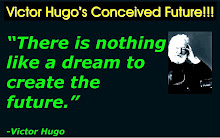
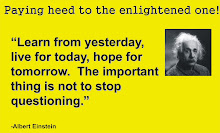
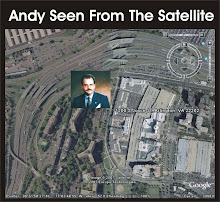


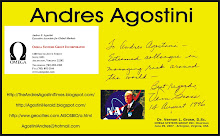
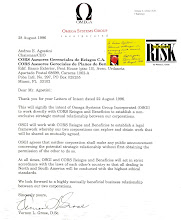




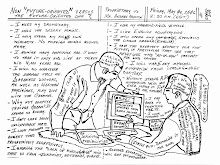
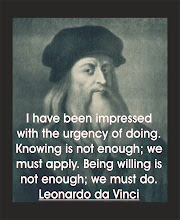




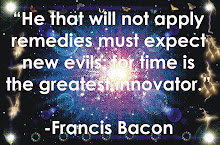











No comments:
Post a Comment